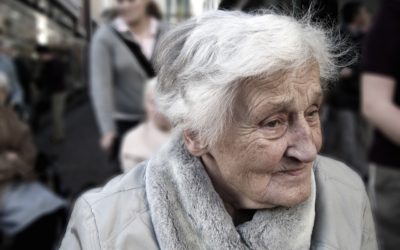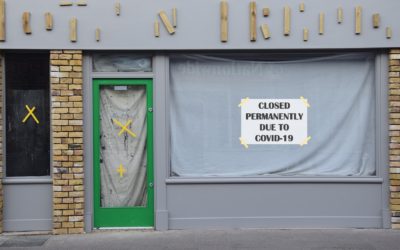Diogenes Syndrome: Owner's Anxiety

The name "Diogenes Syndrome", adopted in 1975, refers to Diogenes of Sinope, a Greek philosopher of the fourth century BC. If his goal was to live as close as possible to nature (to understand, outside of culture, Greek civilization) and he bent to certain restrictive exercises in order to achieve greater freedom, we know him above all for the life he led against and against all social conventions. Although the motivations involved have nothing in common, it was this unusual and even shocking life in the eyes of society, which did not imagine that one could live in an overturned jar or practice masturbation in the public square.
In psychiatry, the symptoms of Diogenes Syndrome are a breakdown in standards of personal cleanliness and environment.
In practice, people suffering from this syndrome live in a sometimes extreme neglect of personal and domestic hygiene accompanied by an accumulation of heterogeneous objects, also called syllogomania.
Most of the time, these people are in total denial of their condition.
For the owner of a dwelling rented to a person who develops Diogenes syndrome, the problems come in cascades:
- Lack of payment of rent sometimes (the de-socialization of the person leading to a refusal to submit to its obligations
- Damage to the dwelling, by the accumulation of rubbish
- Co-ownership and Neighbourhood Complaint
When dealing with a tenant suffering from Diogenes syndrome (incuria and syllogomania), here is the procedure to follow:
In the first place, whether or not there is a default in the payment of rent, it is necessary to accumulate evidence of the condition of the dwelling and the tenant's failure to fulfil his contractual obligations, which are, in particular, to enjoy the property peacefully, to use the terms of the Quillot Law which, in 1982, replaced the obligation "to enjoy the premises as a good father of the family" with the obligation to enjoy them "peacefully".
In order to provide proof of this lack of maintenance, a bailiff's report is the absolute proof. Indeed, the Beteille law of 2010 enshrines the principle of veracity of the bailiff's report.
However, a bailiff cannot enter a dwelling to ascertain its condition if the occupant does not authorise him to do so.
Therefore, it will be advisable either to have the report made from the outside, if possible, or to request an Order from the Court of First Instance for a bailiff, accompanied by a locksmith and the police commissioner or two adult witnesses, to establish the state of the dwelling.
Our office is at your disposal to advise you a lawyer (mandatory) to present this request.
Once the report has been made, we advise you to take two steps:
- a legal process the eviction procedure for lack of quiet enjoyment (to be combined, if necessary, with the procedure for non-payment of rent), by contacting our office on +33 1 41 37 65 35.
- a social approach by notifying the commune's social services, so that they can take charge of the tenant, or even automatically place him under guardianship.
With a placement under guardianship, the guardian will be able to take over the payments, pay the arrears, and follow the rehabilitation of the tenant.
In any case, judicial officers are unfortunately regularly confronted with people in great precariousness and we know how to manage the interests of the owner, while protecting the vulnerable people suffering from these psychic illnesses.
Thank you for your reading, Don't forget to subscribe to our newsletter here against


